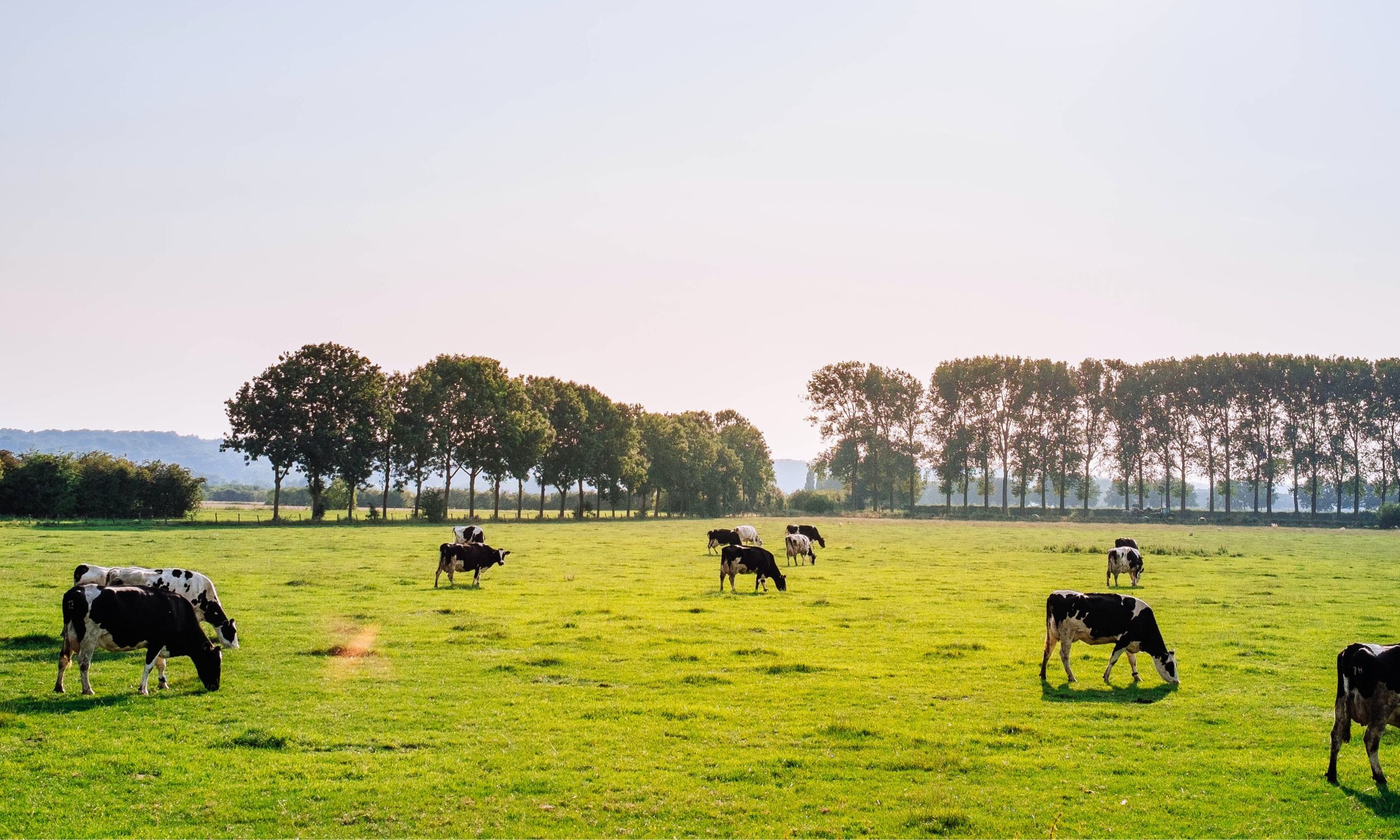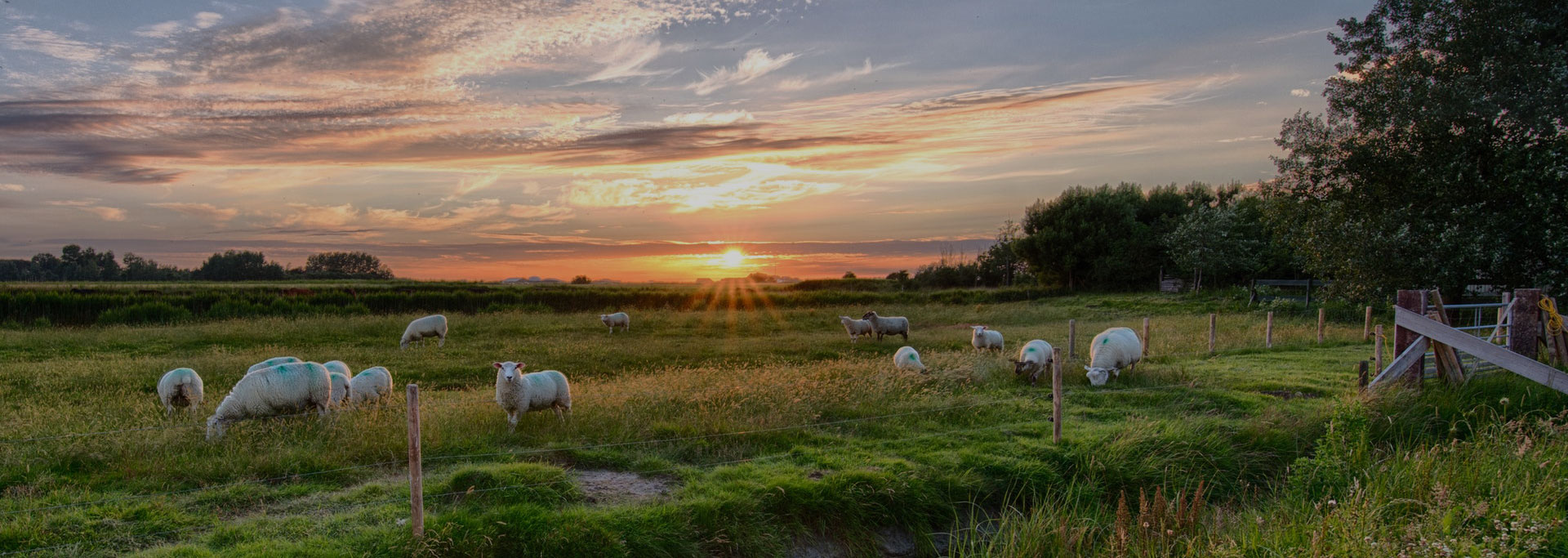
27 Oct Is your Agri-Business behind on the times on R&D Tax?
Farmers and rural business owners could be missing out on a fortune in tax breaks simply because they don’t realise their work qualifies as innovative research and development (R&D).
Douglas Home & Co Director and Head of Agriculture, Victoria Ivinson, is urging business owners in the agricultural sector to seek help with this as soon as possible, by identifying which elements of their hard work could be eligible for R&D tax relief.
It is a common misconception that R&D only happens in laboratories with people in white coats. However, rural businesses are frequently involved in costly experimentation that could solve long-standing problems, which is often thought of as an everyday part of the job.
A key part of farming and working in the rural industry is overcoming problems, whether it’s to combat cattle disease, looking at ways to improve animal breeding techniques, trying to increase milk yields, or improving the quality of eggs. Many of these attempts to tackle the problems could be seen as an R&D qualifying activity.
For example, one of our clients is a Scottish dairy farm which clawed back £85,000 tax refund for two years of work trying to increase milk yields. They invested in a variety of possible solutions, including using genetics to follow bloodlines, doing detailed comparisons between different feeds and how they impacted yields, along with a host of other experiments to reduce disease and improve udder health.
The Government’s R&D tax relief scheme is aimed at reimbursing part of the costs borne by businesses working on such innovative projects in science and technology. It does that by providing relief on corporation tax.
While there are people who genuinely do work in labs designing new drugs, producing more effective additives for the brewery sector or working on genetics, embryo transfer and IVF. There are also farmers themselves who may be experimenting on their herds with different insemination techniques based on the age of the animal, the point in the breeding cycle or even the animal’s temperature.
The reality is that this work by farmers comes at a cost. Getting a better milk yield from cows might involve extra feed or different bedding – both of which are costly. Farmers might also be trying to get more protein into the grass, which means more fertiliser, sprays and increased costs on machinery fuel and repair. Those may be costs which can be partially recovered.
The latest HMRC R&D reform has resulted in changes that come into effect from the 1st of April 2023. From that date, companies will need to tell HMRC within 6 months of the end of the period in which the claim relates that they intend to make a claim. Companies that have claimed in one of the preceding three periods will not need to pre-notify.
We urge those who believe they may be undertaking work that could qualify for R&D tax relief to contact us to seek professional accountancy advice quickly so they can either claim in this financial year or be prepared to inform HMRC that they will be filing a claim within the new time restrictions.
To find out more about research & development tax credits and to find out if you are eligible contact Victoria Ivinson by emailing victoriai@dhco.co.uk or by calling 01573 225082.




